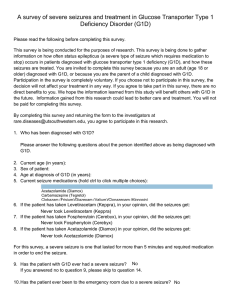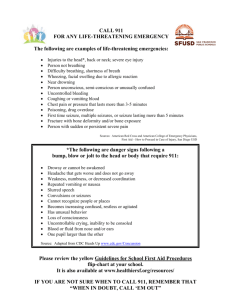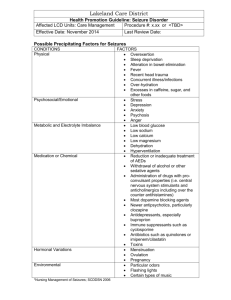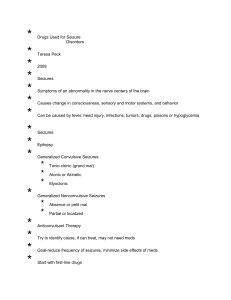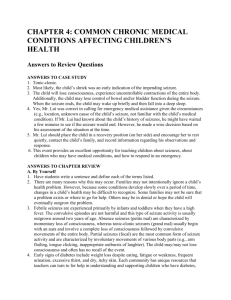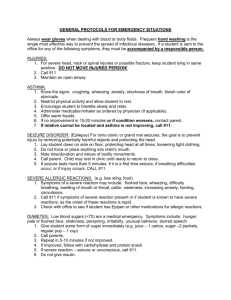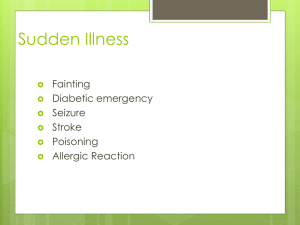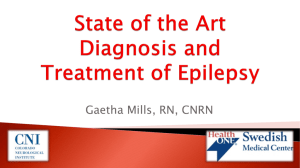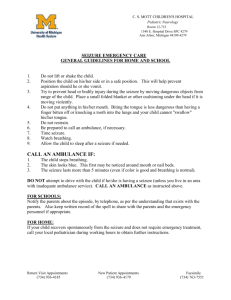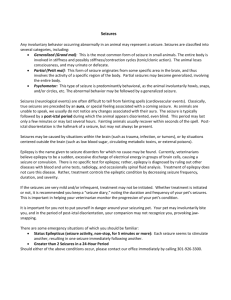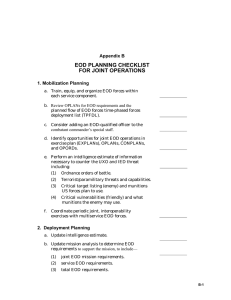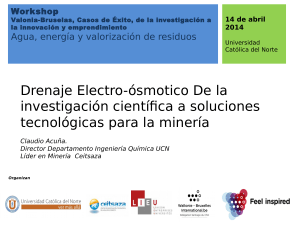A survey of severe seizures and treatment in Glucose Transporter... Deficiency Disorder (G1D)
advertisement
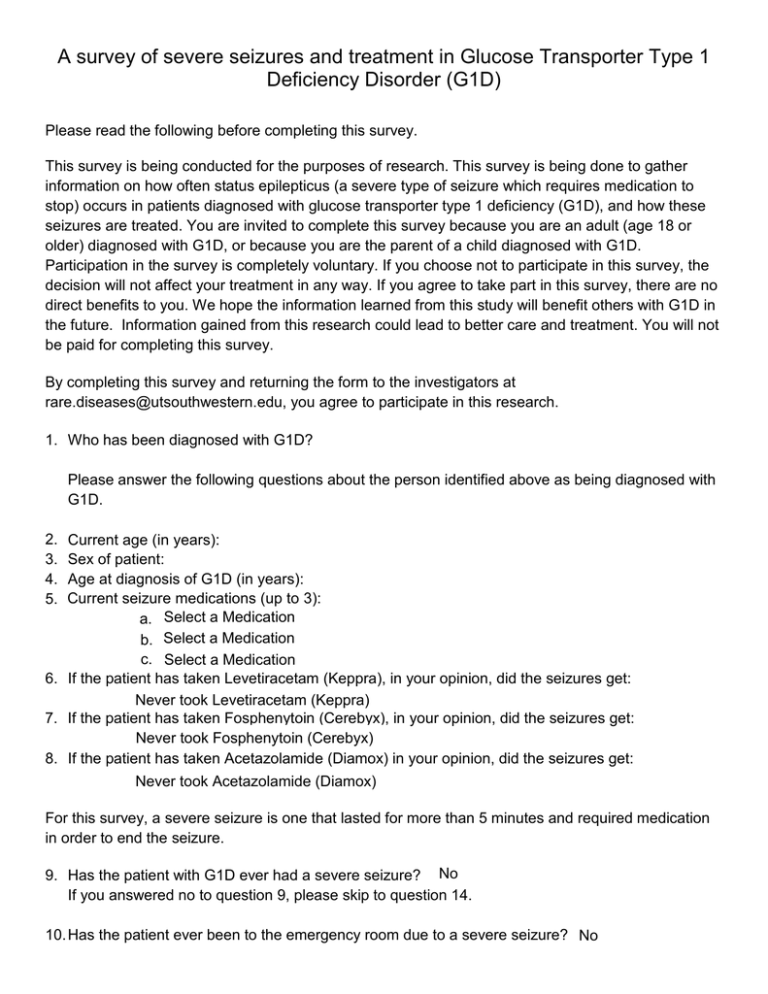
A survey of severe seizures and treatment in Glucose Transporter Type 1 Deficiency Disorder (G1D) Please read the following before completing this survey. This survey is being conducted for the purposes of research. This survey is being done to gather information on how often status epilepticus (a severe type of seizure which requires medication to stop) occurs in patients diagnosed with glucose transporter type 1 deficiency (G1D), and how these seizures are treated. You are invited to complete this survey because you are an adult (age 18 or older) diagnosed with G1D, or because you are the parent of a child diagnosed with G1D. Participation in the survey is completely voluntary. If you choose not to participate in this survey, the decision will not affect your treatment in any way. If you agree to take part in this survey, there are no direct benefits to you. We hope the information learned from this study will benefit others with G1D in the future. Information gained from this research could lead to better care and treatment. You will not be paid for completing this survey. By completing this survey and returning the form to the investigators at rare.diseases@utsouthwestern.edu, you agree to participate in this research. 1. Who has been diagnosed with G1D? Self or child? Please answer the following questions about the person identified above as being diagnosed with G1D. 2. 3. 4. 5. Current age (in years): Sex of patient: Age at diagnosis of G1D (in years): Current seizure medications (up to 3): a. Select a Medication b. Select a Medication c. Select a Medication 6. If the patient has taken Levetiracetam (Keppra), in your opinion, did the seizures get: Choose one. Never took Levetiracetam (Keppra) 7. If the patient has taken Fosphenytoin (Cerebyx), in your opinion, did the seizures get: Never took Fosphenytoin (Cerebyx) Choose one. 8. If the patient has taken Acetazolamide (Diamox) in your opinion, did the seizures get: Choose one. Never took Acetazolamide (Diamox) For this survey, a severe seizure is one that lasted for more than 5 minutes and required medication in order to end the seizure. 9. Has the patient with G1D ever had a severe seizure? No If you answered no to question 9, please skip to question 14. 10. Has the patient ever been to the emergency room due to a severe seizure? No 11. If yes, how many Emergency Room visits has the patient had in the last year: 12. If the patient had a severe seizure and was given a benzodiazapine, such as Diastat/Versed or Ativan, in your opinion did the seizures get: Not sure or never given a benzodiazepine. 13. When the patient had a severe seizure, was the patient also sick? No, the patient was not sick. 14. How often does the patient have seizures of any type (severe, absence, mild)? Rarely (less than once per month). Thank you for your participation in this survey. Please save this survey to your computer, then attach the completed survey to an email and send to the investigators at Rare.Diseases@UTSouthwestern.edu.
